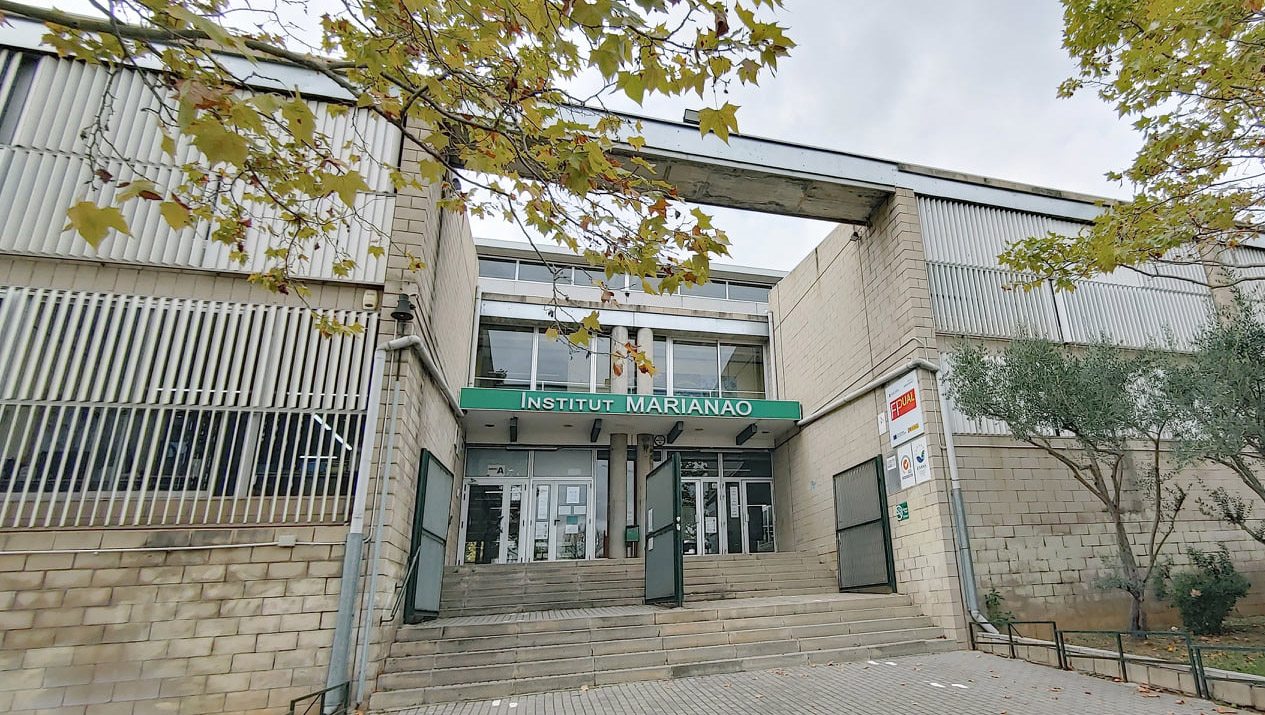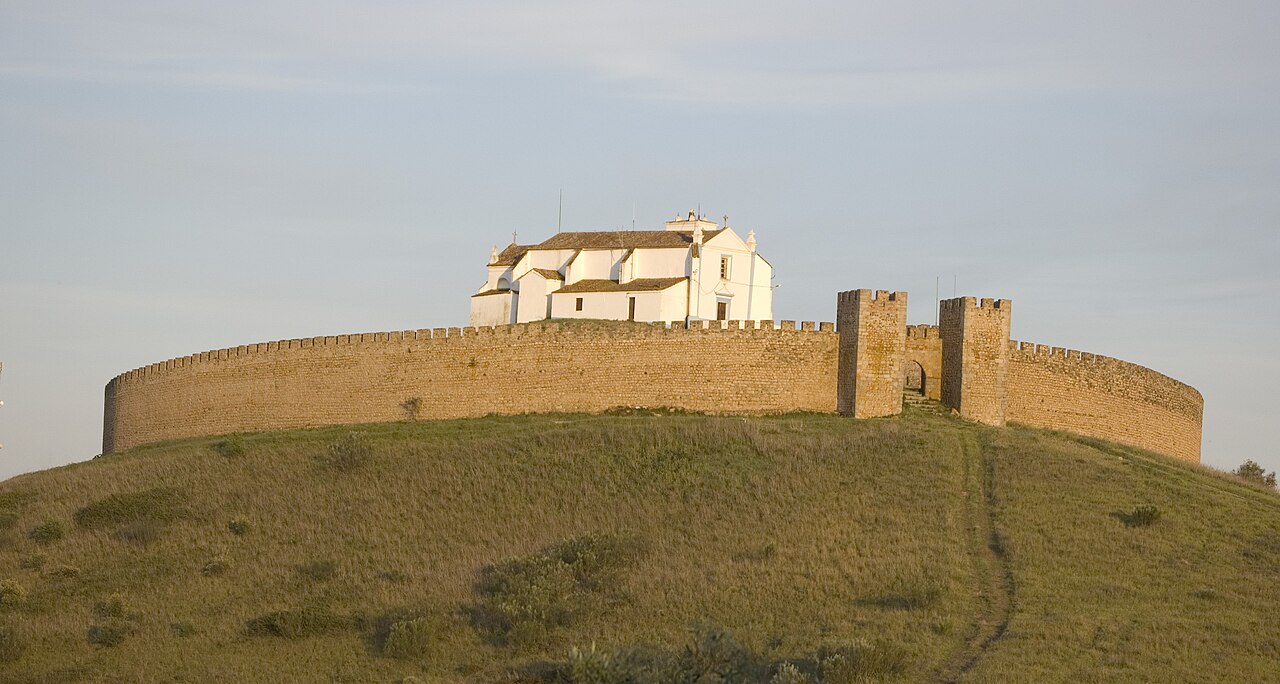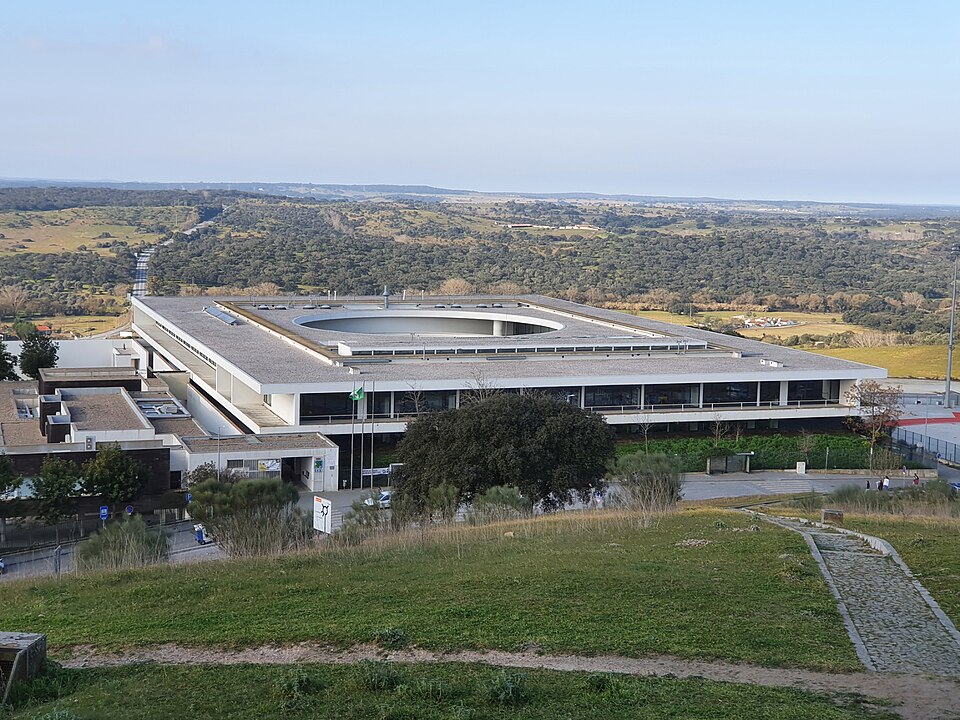Marianao's Erasmus Accreditation
Marianao center will be able to develop KA121 Projects after having submitted in October 2021 the application to be accredited with a KA120 project.
The KA120 accreditation is a tool that ensures the capacity of institutions in the development of high quality mobility activities that serve for the improvement of the organization itself.
To be accredited, organizations must design a structured and long-term plan, called the Erasmus Plan, and all activities must comply with Erasmus quality standards. The Marianao center designed this Erasmus Plan that was approved by the National agency SEPIE and this accreditation2021-1-ES01-KA120-VET-000043284 will last 5 years, until 2027.
The accreditation gives access to KA121 projects, so that the centers that have received it can permanently participate in Erasmus projects for VET courses with these type of projects.
What is a KA121 project?
- Strengthen the European dimension of education and learning.
- Improve the quality of education and learning.
- Contribute to the creation of the European educational area.
- They will use the European eTwinning platform to develop the project together with VET students from the other European schools.
- They will participate in high-quality mobility activities that will serve to put in context what they have learned in the classroom during the development of the project.
- Achieve -intercultural communication- for this reason students will develop the project in English.
- Gain competition- to be more autonomous since they will express their own feelings, and ideas or opinions about their professional future.
- Achieve -Cultural Competences- by identifying and understanding the most significant cultural elements of the countries participating in the project.
- Improving the quality of education received by its students, and the continuous training received by teachers and part of their educational team.
- The internationalization of the center will be reinforced, with new educational partners from other countries, with which Marianao school has organized meetings so that the different teachers involved in the project exchange information about the different educational curricula, about professional profiles in the training cycles, professional opportunities, and companies that will be visited during the projects.

Project Erasmus 2024-1-ES01-KA121-VET-000214890
From March 31 to April 10, our second-year commercial activities students from the morning and afternoon groups, a total of 11 students, and 2 accompanying teachers carried out a 10-day project visiting the Portuguese center Agrupamento de Escolas de Arraiolos, within the framework of the Erasmus Project 2024-1-ES01-KA121-VET-000214890.
Our students obtained the Mobility Europass document in this project.
The objective of the tasks carried out before, during and after the mobility was to identify the industrial and commercial network of the cities visited during the mobility activities, companies and businesses located in the Portuguese students' cities and identify the skills required by these companies so that the students can improve their professional profile.
The students have carried out a project on Portuguese products potentially sold in Catalonia, during which the students have worked in the classrooms of the Portuguese center in mixed groups, 3 Portuguese students, 3 Catalan students, to create a fictitious company. The presentation, visibility and promotion of local Portuguese products, the analysis of the products and their sales prices and how to develop the advertising campaign of the products giving priority to the Sustainability of the logistics process, have been the tasks that the students have developed to later share the results of the activities with their classmates from the Marianao center. In addition, the students visited very important municipal organizations such as the city hall, where the mayor of Arraiolos was received and they were able to understand the importance of preserving rural environments and their high quality products.
A very successful local company was also visited in Arraiolos, ElectroRequetim https://www.electrorequetim.pt/electro-requetim-sede-arraiolos , and the logistics center of Évora https://www.girteka.eu/transporte-por-carretera-logistica which has a large volume of imports and exports with many countries, including Spain, due to its proximity to this country and the postal center in Évora https://www.correios.info/Correios. These organizations that work side by side with local companies gave our students very valuable information to know what the professional profile is that companies need, so that our students have been able to identify the skills required by these companies and thus know how to improve their professional profile at a European level.
In addition, the Catalan and Portuguese students carried out cultural activities in the city of Évora which gave them the opportunity to visit places that are part of the heritage of humanity and acquire cultural knowledge in art and architecture.
The Portuguese students visited the Marianao center in May 2025, where they developed activities inside and outside the Marianao center with middle school students, such as visiting the Port of Barcelona Prat del Llobregat, and the Sagrada Família.
What is our goal?
The project aims to create a network between the participating centers to compare ideas, practices and methods to improve the following skills:
- Environmental sustainability
- Language skills
- Digital technologies
- Skills in vocational cycles
- Active citizenship and inclusion
-
Environmental sustainability is the main theme of our project from which students will work, dealing with zero kilometer agricultural products in the areas where students live and using recyclable materials in the activities.
-
Support the development of the students’ language skills, explicitly English, as it will be used throughout all the project, also in the final presentations made by the students about:
- The emblematic cultural places of the students' home cities
- A painter from each of the participating countries.
-
Learning to use the software which will be used in the classrooms throughout all the project.
-
Support the development of competences in Vocational cycles therefore support the validation process of knowledges, competences and abilities acquired by means of the project.
-
- Support the active citizenship and awareness-raising on issues related to inclusion, social justice and environmental sustainability through the integration of cultural and environmental content.
- Support students with special needs and at risk of early school leaving to complete their educational path and fight against segregation and discrimination in education.
Participating centres
Three institutes are participating in the project:







